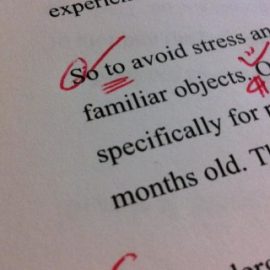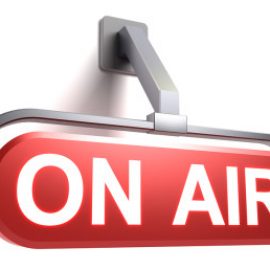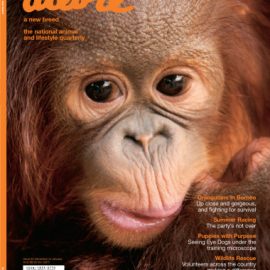
I started in journalism in radio news and, being in the country, was also required to produce and present. As I mentioned in ‘television and radio news producer’ the very best thing about news in the country is that you have to search for it.
A journalist has to get to know what’s going on in their area and know what’s important to their audience. They need to find the right contacts and, most importantly, they need to know and build trust with their sources. These rules apply whether working in the city or the country, in a newsroom or as a freelance, and whether working in radio, television, print or online.
Integrity is a word rarely used to describe journalists these days, but the real journalists still have plenty of it and it shows. There are quite a number of journalists still prominent in the media today with whom I worked and still admire – respectful, determined and smart, with the courage of conviction to follow a story with integrity regardless of personal or professional risk. I digress (apologies), but I do believe integrity is one of the most important attributes a journalist can have.
Working in television and radio news as a journalist and presenter, my duties included understanding content, interviewing, writing scripts, working with camera crews and editors, on-air presenting, voicing packages, sourcing and following leads etc.
I was a general reporter (but the ‘go to’ person for animal stories) so I covered just about every type of story and subject – from fatal accidents and police rounds to murder and corruption; from sport, sport, sport (tennis, basketball, soccer, AFL, rugby, netball and more) to politics and entertainment; from stories on crop farmers and fruit growers to visiting royalty and international superstars.
While I was a journalist in Canberra, I also produced news three to four days a week.
For print journalism and writing samples, please see articles and books.




